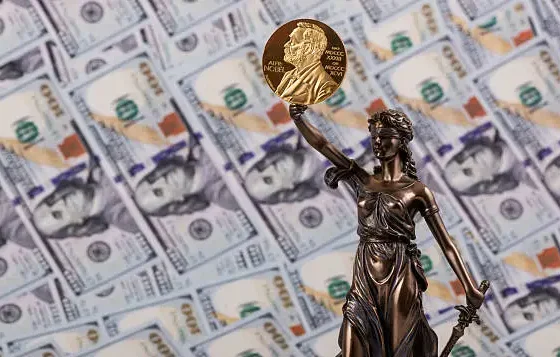The Nobel Peace Prize has long symbolized courage, compassion, and global change—a recognition that transcends politics and borders. Recent discussions, including those around Trump Nobel Peace Prize prospects, Trump news Nobel Peace Prize coverage, and speculation about whether Trump will get the Nobel Peace Prize, have renewed public interest in this historic award. As the Nobel Peace Prize 2025 draws closer, many are asking when will the Nobel Peace Prize be announced and who the next laureate might be. While debates surrounding the Trump Nobel Peace Prize 2025 campaign, Trump Peace Prize candidacy, and Trump Nobel nomination controversy continue, it is crucial to remember the extraordinary Nobel Peace Prize winners who have quietly transformed the world without global fanfare. Their enduring influence extends far beyond the spotlight or the odds of a Trump Nobel Peace Prize.
The True Spirit of the Nobel Peace Prize
The Nobel Peace Prize, first awarded in 1901, was created in accordance with Alfred Nobel’s vision of recognizing those who advance peace, human rights, and fraternity among nations. Nobel’s legacy aimed to honor not just diplomats or politicians, but also everyday visionaries who fight for justice and equality. The selection process is rigorous—nominees are evaluated by the Norwegian Nobel Committee based on their contributions to ending conflict, promoting disarmament, or improving human welfare. Over the decades, more than 140 individuals and organizations have been awarded, representing diverse efforts in humanitarianism, education, and activism. From Martin Luther King Jr. to Malala Yousafzai, each laureate has contributed uniquely to humanity’s collective pursuit of peace.
Unsung Nobel Peace Prize Winners Who Changed the World
Beyond the iconic figures lie heroes whose names may not dominate headlines but whose work has profoundly reshaped societies. Kailash Satyarthi, for instance, has dedicated his life to eradicating child labor and ensuring education for all children. His tireless advocacy has liberated thousands from exploitation, inspiring international reform. Similarly, Rigoberta Menchú Tum, an Indigenous activist from Guatemala, became a global voice for her people, standing against decades of oppression and injustice. Her story symbolizes the resilience of marginalized communities striving for dignity. In Iran, Shirin Ebadi’s courage as a human rights lawyer challenged gender inequality and political suppression, making her a beacon for women across the Middle East. These Nobel Peace Prize winners remind us that impactful change often begins with quiet defiance and unwavering conviction.
Enduring Legacies and Modern Relevance
The influence of these Nobel Peace Prize winners continues to echo across generations. Their missions intersect with today’s most pressing global challenges—from climate justice to gender equality and education reform. The ideals they championed serve as guiding principles for modern movements advocating for sustainability, human rights, and global solidarity. Whether it’s through grassroots activism, social innovation, or policy advocacy, the essence of their legacies endures. As public attention occasionally shifts to topics like the Trump Nobel Peace Prize odds or political controversies, it is essential to refocus on the core spirit of the prize—celebrating those who uplift humanity through selfless service and transformative vision.
Conclusion
The Nobel Peace Prize remains a beacon of hope, illuminating paths of peace, justice, and compassion. While debates such as the Trump Nobel Peace Prize 2025 discourse capture headlines, the true strength of the award lies in its ability to inspire action across generations. Let us honor the quiet heroes whose courage changed the course of history and carry forward their mission to build a more peaceful, equitable world.


